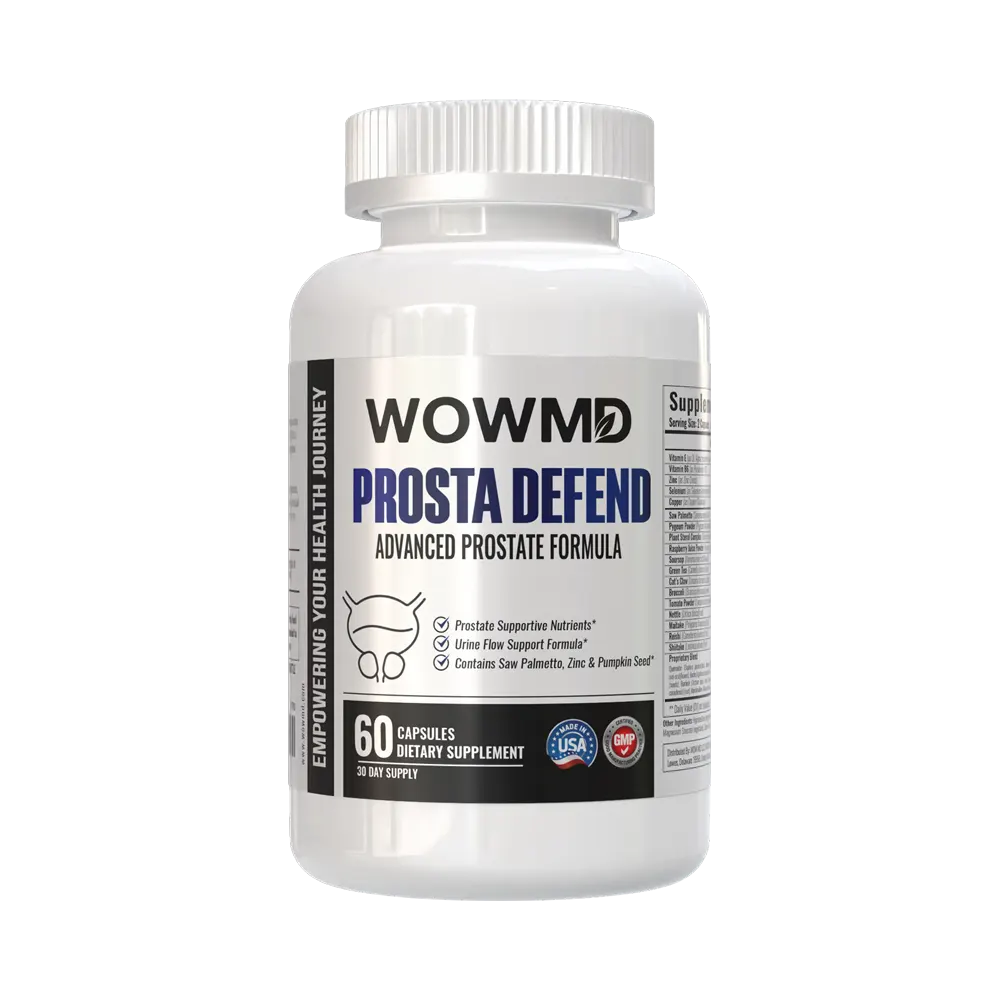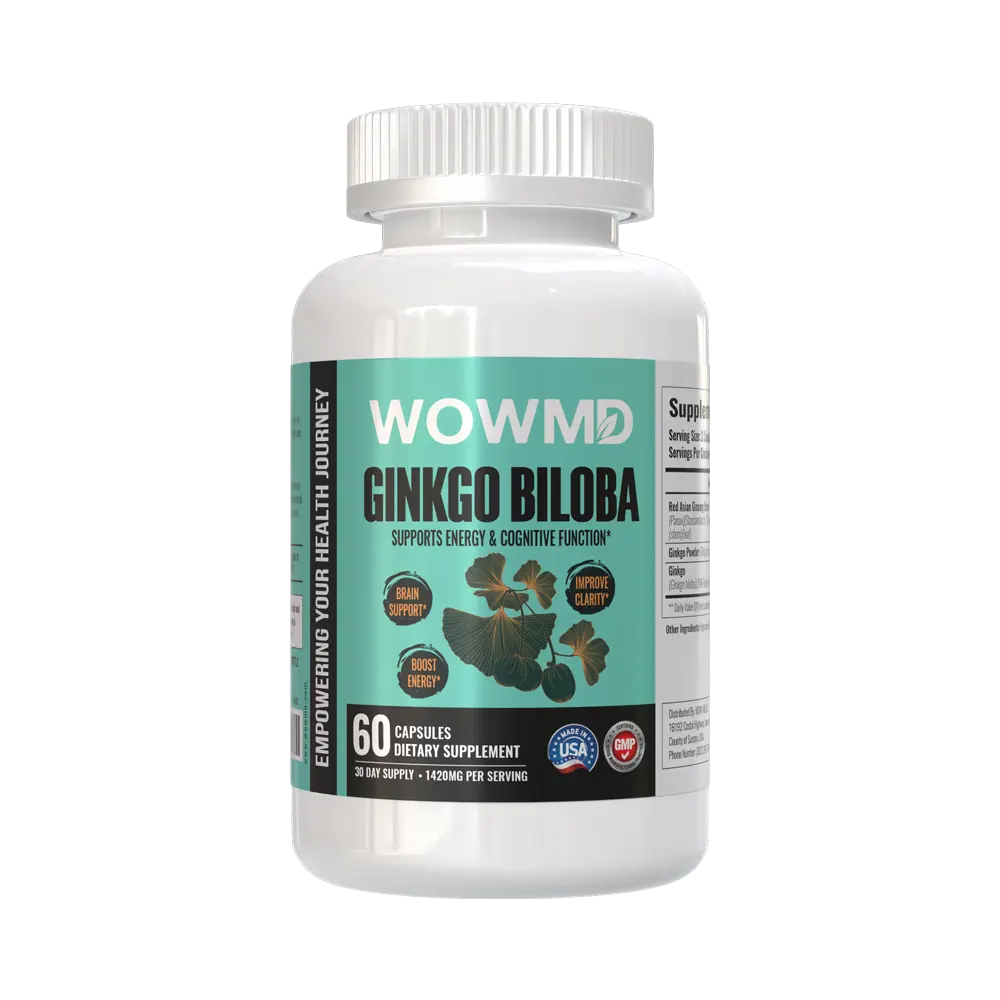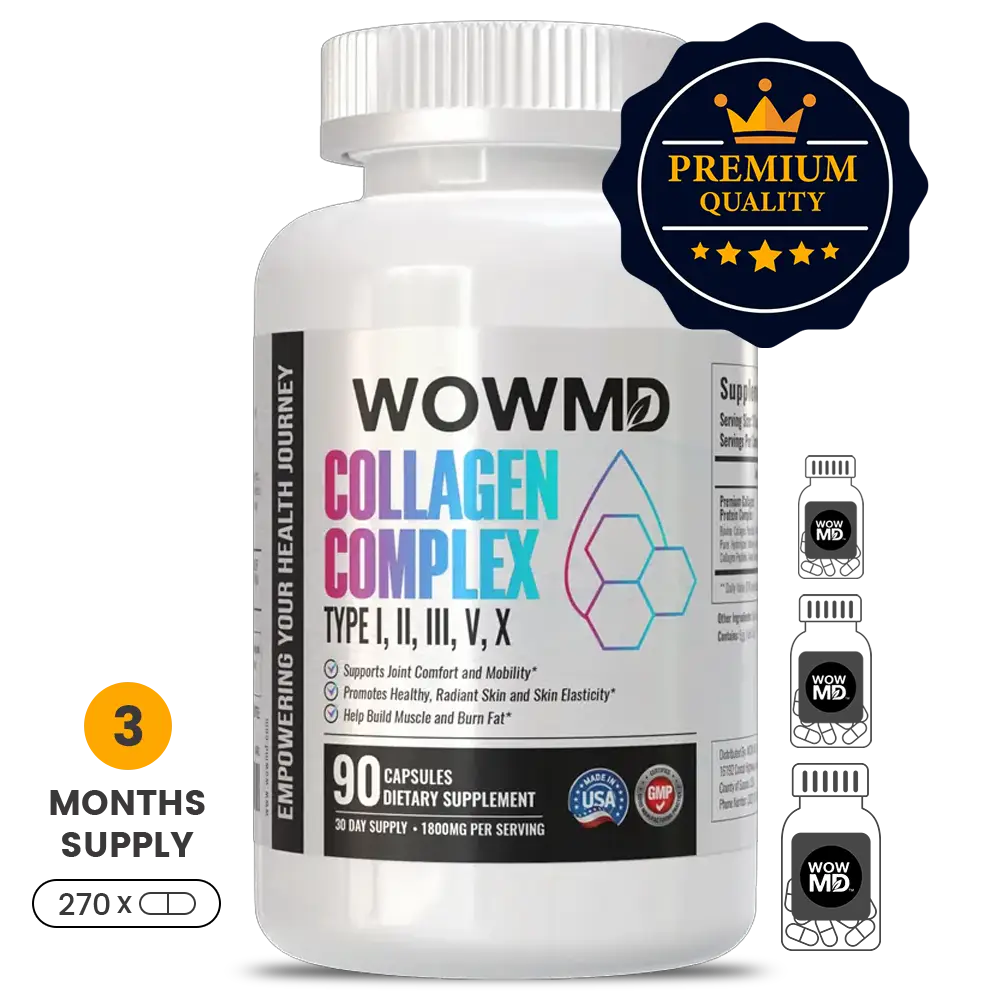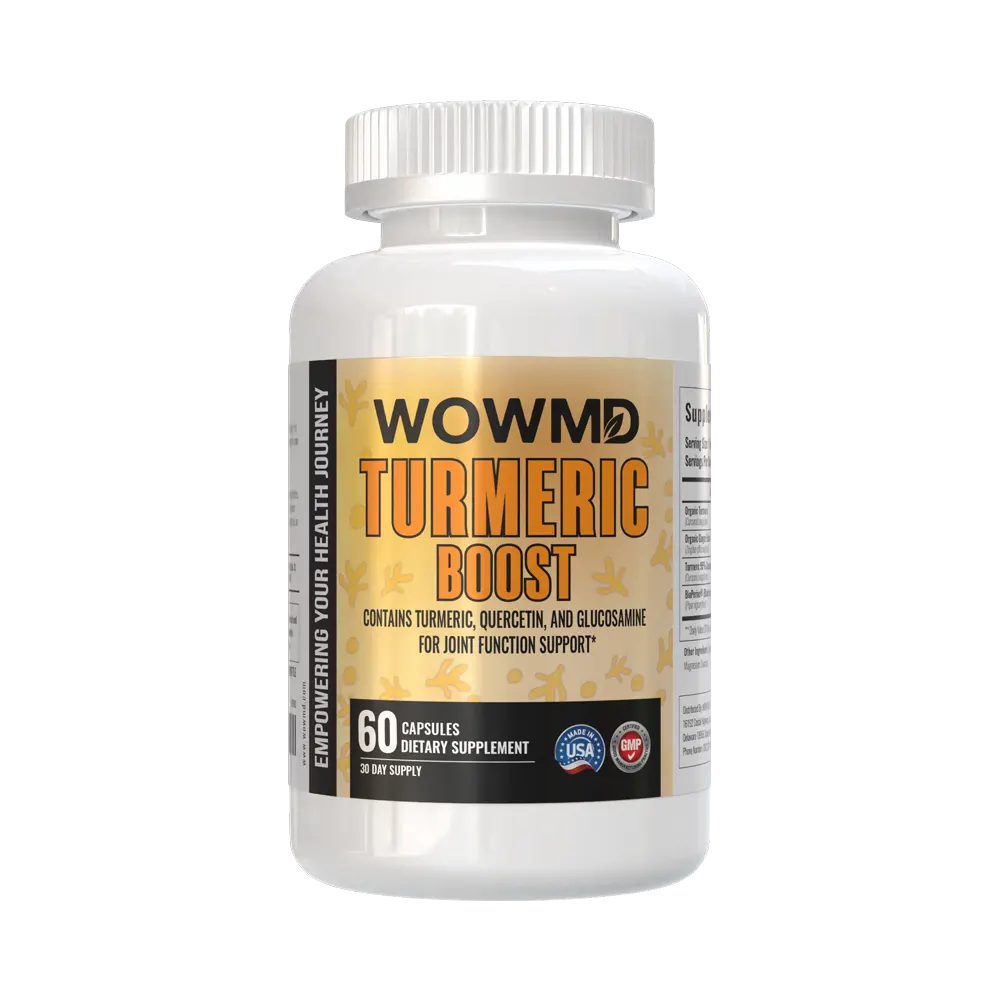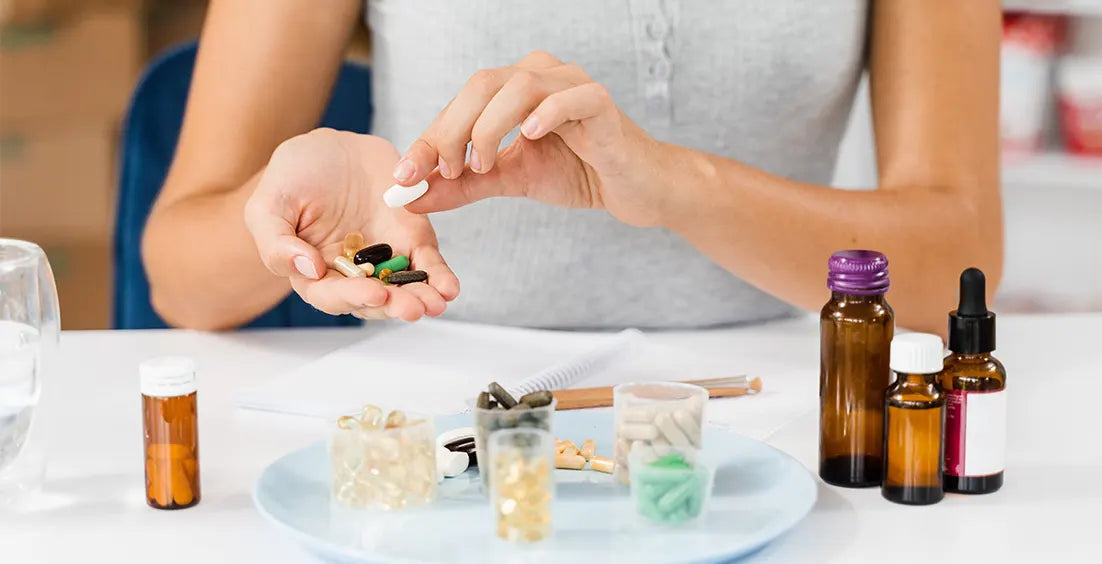The Surprising Health Benefits of Coenzyme Q10 (CoQ10)
Coenzyme Q10 is crucial for cellular energy production and serves as a powerful antioxidant, shielding cells from oxidative damage. Explore its benefits in our detailed article.
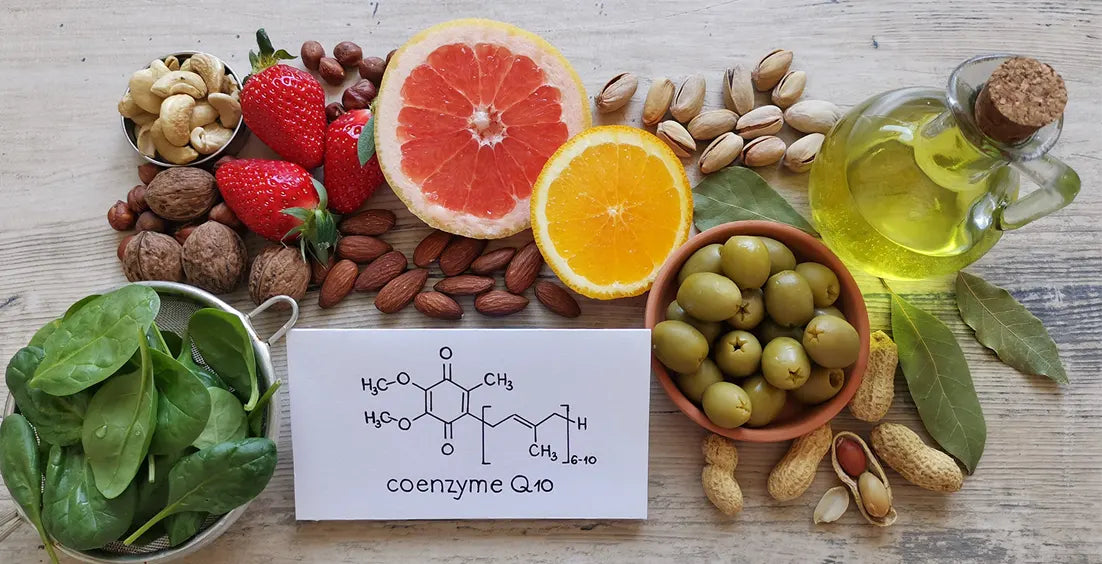
Popular Stories
- Can You Take Magnesium Glycinate and Melatonin for Sleep?
- Can You Take Ginseng and Ginkgo Biloba Together?
- The Most Common Micronutrient Deficiencies
- What Foods Have Berberine? | A Guide to Natural Sources of Berberine
- Can Cinnamon Lower Blood Sugar and Manage Diabetes?
- Is Valerian Root Safe For Pregnancy? Find Out Here
References
- Coenzyme Q10 Supplementation and Its Impact on Exercise and Sport - https://www.ncbi.nlm.nih.gov/pmc/articles/PMC9104583/
- 13 reasons why the brain is susceptible to oxidative stress - https://www.ncbi.nlm.nih.gov/pmc/articles/PMC5881419/
- Cellular Consequences of Coenzyme Q10 Deficiency in Neurodegeneration of the Retina and Brain - https://www.ncbi.nlm.nih.gov/pmc/articles/PMC7730520/
- The Effect of Nutrients and Dietary Supplements on Sperm Quality Parameters: A Systematic Review and Meta-Analysis of Randomized Clinical Trials - https://www.ncbi.nlm.nih.gov/pmc/articles/PMC6247182/
- Optimization of nutraceutical coenzyme Q10 nanoemulsion with improved skin permeability and anti-wrinkle efficiency - https://pubmed.ncbi.nlm.nih.gov/29096550/
- Coenzyme Q10: Clinical Applications beyond Cardiovascular Diseases - https://www.ncbi.nlm.nih.gov/pmc/articles/PMC8156424/
- Effectiveness of Coenzyme Q10 Supplementation for Reducing Fatigue: A Systematic Review and Meta-Analysis of Randomized Controlled Trials - https://www.ncbi.nlm.nih.gov/pmc/articles/PMC9449413/
- The Effects of Coenzyme Q10 Supplementation on Glucose Metabolism, Lipid Profiles, Inflammation, and Oxidative Stress in Patients With Diabetic Nephropathy: A Randomized, Double-Blind, Placebo-Controlled Trial - https://pubmed.ncbi.nlm.nih.gov/29111905/
- Prospective study of plasma levels of coenzyme Q10 and lung cancer risk in a low‐income population in the Southeastern United States - Shidal - 2021 - Cancer Medicine - Wiley Online Library - https://onlinelibrary.wiley.com/doi/full/10.1002/cam4.3637
- Oxidative Stress and the Central Nervous System - https://www.ncbi.nlm.nih.gov/pmc/articles/PMC5193071/
- Supplementation with Qter® and Creatine improves functional performance in COPD patients on long term oxygen therapy - https://pubmed.ncbi.nlm.nih.gov/30170808/
- Coenzyme Q10 - https://www.ncbi.nlm.nih.gov/pmc/articles/PMC6822644/


 Skin Detoxification Bundle
Skin Detoxification Bundle Complete Weight Loss Bundle
Complete Weight Loss Bundle Heart Care Bundle
Heart Care Bundle Better Immunity Bundle
Better Immunity Bundle  Men's Immunity & Prostate Health Bundle
Men's Immunity & Prostate Health Bundle Stress + Energy + Wellness Combo
Stress + Energy + Wellness Combo  Energy Booster Combo
Energy Booster Combo Natural Skin Care Bundle
Natural Skin Care Bundle Workout Supplements Combo
Workout Supplements Combo Cognitive Health & Vision Combo
Cognitive Health & Vision Combo Joint Health Support Combo
Joint Health Support Combo
